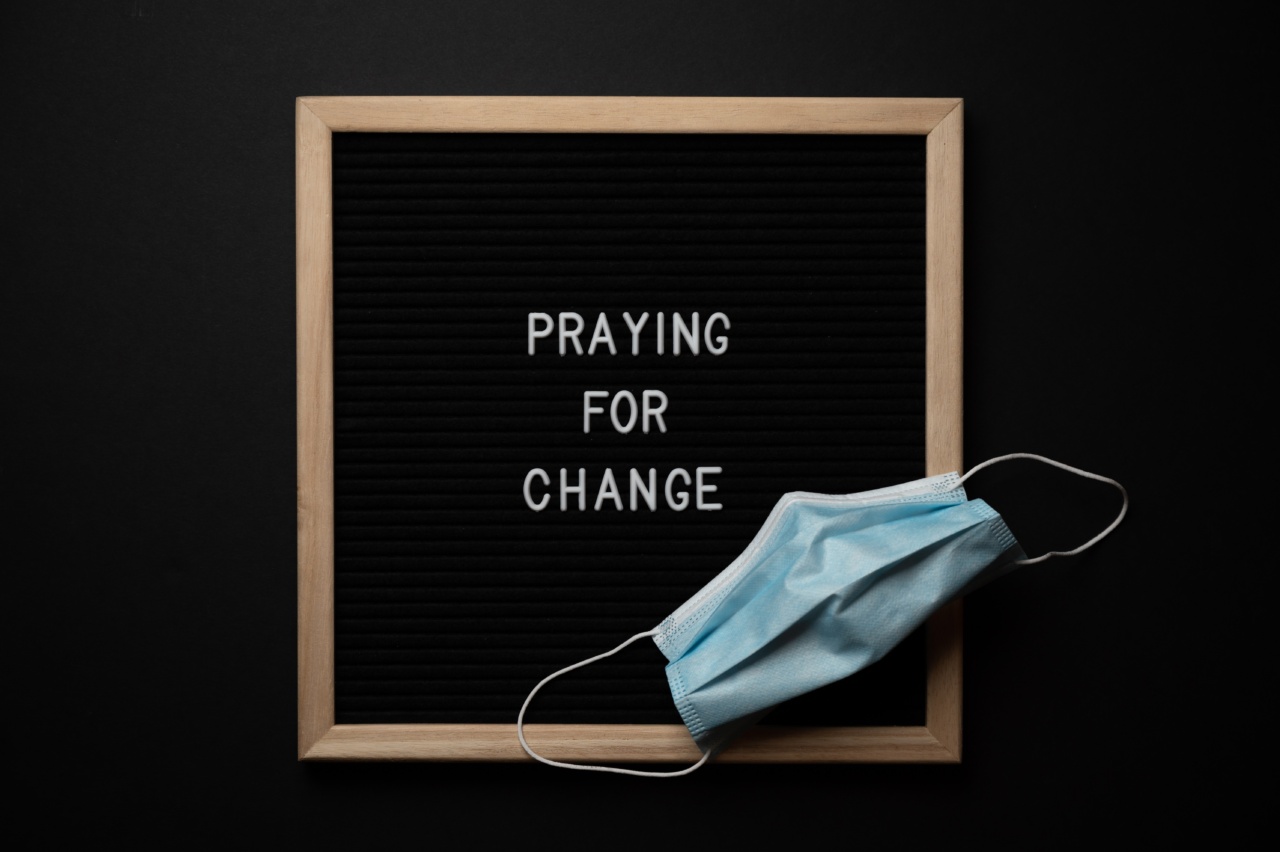Political courage plays a crucial role in implementing necessary changes and preventing further victims in society.
It is an undeniable fact that many issues plague our world today, such as systemic inequalities, climate change, and various forms of discrimination. These issues demand bold and courageous action from our political leaders in order to protect the vulnerable, promote justice, and create a better future for all.
In this article, we will explore the importance of political courage in implementing change and preventing more victims.
The Meaning and Significance of Political Courage
Political courage is the willingness of policymakers to take bold actions that may be unpopular or risky but are essential for the betterment of society.
It involves standing up for what is right, even in the face of strong opposition or potential backlash. Political leaders who exhibit courage demonstrate not only their commitment to their constituents but also their integrity and strength as individuals.
Political courage is crucial because without it, meaningful change becomes nearly impossible. It requires politicians to go beyond their comfort zones and confront powerful interests that may impede progress.
By acting with courage, politicians can challenge the status quo, dismantle oppressive systems, and create a safe and just society for all.
The Lack of Political Courage: A Barrier to Change
Regrettably, political courage is often lacking in contemporary politics, hindering efforts to implement important changes and protect potential victims.
Many politicians are driven by self-interest rather than the well-being of their constituents, opting for safe and popular decisions that secure their own re-election. This unwillingness to take risks or defy powerful entities perpetuates harmful systems and prevents progress.
Furthermore, the fear of public backlash and the influence of lobbying groups often deter politicians from acting courageously. They may prioritize short-term popularity over long-term benefits, neglecting the urgent need for change.
As a result, victims continue to suffer, inequalities persist, and the hope for a better future fades.
Examples of Political Courage
Although the lack of political courage is disheartening, there have been notable instances where political leaders demonstrated remarkable bravery in implementing change and preventing further victims.
1. Nelson Mandela: Overcoming Apartheid
Nelson Mandela, the iconic South African leader, showcased tremendous political courage during his fight against apartheid. Despite facing imprisonment for 27 years, Mandela remained steadfast in his commitment to equality and justice.
His unwavering courage led to the dismantling of apartheid, preventing countless victims and transforming South Africa into a more inclusive society.
2. Malala Yousafzai: Advocating for Girls’ Education
Malala Yousafzai, the youngest Nobel Prize laureate, fearlessly advocated for girls’ education in Pakistan, even after surviving a targeted assassination attempt by the Taliban.
Her tireless efforts raised global awareness about the importance of education for all children, preventing future victims of ignorance and empowering countless young girls to pursue their dreams.
3. Jacinda Ardern: Responding to the Christchurch Mosque Attacks
New Zealand’s Prime Minister, Jacinda Ardern, displayed exemplary political courage in her response to the Christchurch mosque attacks in 2019.
Ardern swiftly implemented stricter gun control measures and addressed the nation with empathy and decisive leadership. Her actions not only prevented further victims but also sent a powerful message against hate and intolerance.
The Impact of Political Courage on Society
Political courage has a profound impact on society, shaping its values, fostering progress, and preventing harm. When political leaders demonstrate courage, they inspire citizens and encourage civic engagement.
They set a precedent for future generations, illustrating the importance of standing up for justice, even in the face of adversity.
By implementing necessary changes, political courage can pave the way for a more equitable society. It can address systemic inequalities, eradicate discrimination, and provide opportunities for marginalized communities.
Political courage also plays a critical role in tackling climate change and promoting sustainability, safeguarding future generations from catastrophic consequences.
Overcoming Barriers to Political Courage
In order to foster political courage, it is essential to address the barriers that hinder its manifestation. To promote this indispensable quality among politicians, several actions can be taken:.
1. Education and Awareness
Public education and awareness campaigns can help citizens understand the importance of political courage and hold their elected representatives accountable.
By raising awareness about specific issues and their implications, society can demand courageous action from its politicians.
2. Ethical Standards and Transparency
Implementing strict ethical standards and ensuring transparency in political processes can help combat corruption and influence peddling.
By reducing the power of special interest groups, politicians are more likely to act in the best interest of the public, rather than succumbing to pressure from lobbyists.
3. Support and Recognition for Courageous Leaders
Acknowledging and supporting politicians who demonstrate political courage can incentivize others to follow suit.
By highlighting and celebrating bold actions, society can inspire a new generation of courageous leaders, eager to bring about positive change and prevent further victims.
The Role of Citizens in Promoting Political Courage
Citizens play a vital role in promoting political courage among their elected representatives. Their engagement, demands for accountability, and participation in democratic processes can create an environment conducive to courageous decision-making.
Here are some ways citizens can contribute:.
1. Active Participation
Active engagement in political discussions, attending town hall meetings, and reaching out to elected officials can demonstrate the public’s interest in bold and courageous actions.
By voicing concerns and advocating for change, citizens can help shape the political agenda and inspire political courage in their representatives.
2. Grassroots Movements
Joining or organizing grassroots movements that tackle pressing issues can amplify the voices of individuals and pressure politicians to act.
Through collective action, citizens can build momentum for change and encourage politicians to take courageous steps to prevent further victims.
3. Voting Wisely
Choosing political candidates who have a track record of political courage and integrity is crucial.
By electing representatives with a demonstrated history of standing up for what is right, citizens can ensure that their interests are safeguarded and that courageous actions will be prioritized.
A Call for Political Courage
In conclusion, it is evident that political courage is essential to implement necessary changes and prevent further victims in society.
The lack of political courage hampers progress, perpetuates injustice, and undermines the well-being of vulnerable populations.
However, by showcasing political courage, leaders can dismantle oppressive systems, address systemic inequalities, and create a more just and equitable world.
It is the responsibility of citizens to demand this courage from their elected representatives and actively support those who exhibit it.
Political courage is not a luxury; it is a fundamental requirement for a thriving and harmonious society.
Let us unite in our pursuit of courageous and compassionate leadership, and together, build a future where change is not feared but embraced for the benefit of all.






























